Climate Change Action and Biodiversity
Climate Change Action and Biodiversity Conservation at MCHI: Building Resilient Communities and Protecting Natural Ecosystems
At Marcom Care for Humanity Initiative (MCHI), we recognize that climate change is one of the most pressing global challenges, threatening livelihoods, food security, and the well-being of communities, especially those in vulnerable regions.
Rising temperatures, extreme weather events, and environmental degradation disproportionately impact marginalized populations, deepening poverty and instability. Our climate action initiatives are designed to mitigate environmental threats, promote sustainable practices, and strengthen community resilience while ensuring that natural ecosystems are preserved for future generations.
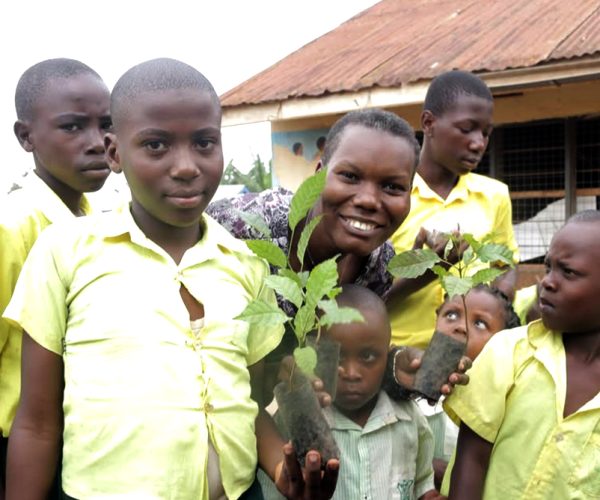
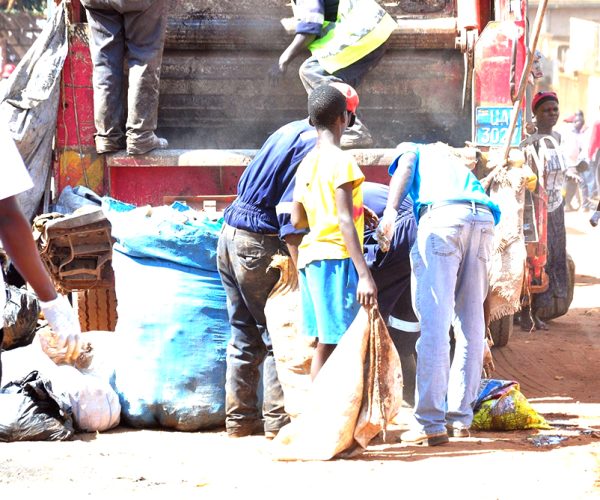
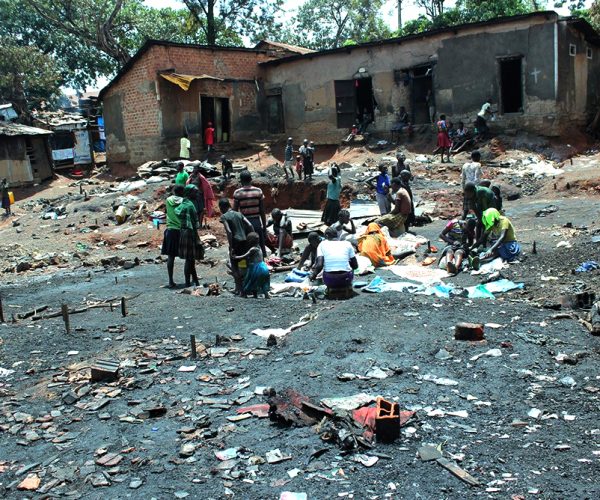

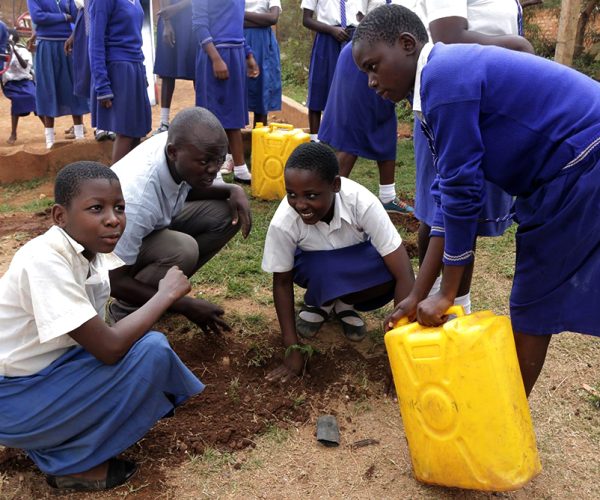
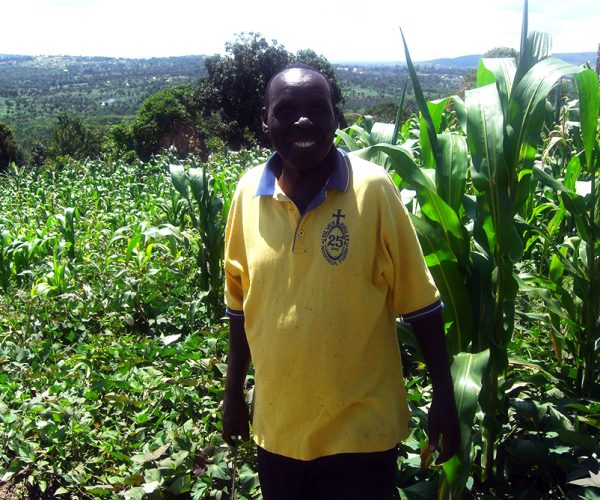
Climate Change Mitigation: Reducing Our Environmental Footprint
MCHI is committed to tackling the root causes of climate change by promoting sustainable energy solutions, reforestation efforts, and circular economy approaches. We advocate for and implement renewable energy alternatives, such as solar power, energy-efficient cooking solutions, and sustainable transportation, helping communities reduce their reliance on fossil fuels. Our tree-planting initiatives focus on restoring degraded lands, combating deforestation, and improving biodiversity, with over 1,200 trees planted so far as part of our reforestation program. By integrating waste reduction, recycling, and resource-efficient technologies, we minimize environmental impact and promote long-term ecological balance.
Climate Adaptation: Strengthening Community Resilience
Certain regions are more vulnerable to the effects of climate change, including prolonged droughts, floods, and unpredictable weather patterns that threaten food security and water availability. MCHI equips communities with climate adaptation strategies, such as sustainable water management, disaster preparedness training, and improved agricultural techniques that enhance food production despite shifting environmental conditions. We also work with local governments and organizations to develop early warning systems and emergency response plans that protect lives and resources in times of climate-induced crises.
Biodiversity Conservation: Protecting Natural Habitats and Wildlife
Biodiversity is essential for maintaining ecological balance and sustaining life on Earth. MCHI actively works to preserve forests, wetlands, and other critical ecosystems that provide habitat for wildlife and essential resources for local communities. Through community-led conservation programs, environmental education, and sustainable land-use practices, we engage people in protecting their natural surroundings. By partnering with conservation groups, researchers, and policymakers, we advocate for stronger environmental protections and sustainable land management policies that benefit both people and nature.
Sustainable Agriculture and Food Security
Agriculture is a key driver of both economic development and environmental change. MCHI promotes sustainable agricultural practices that improve productivity while reducing ecological harm. Our agroecology initiatives support organic farming, climate-smart agriculture, and permaculture techniques, ensuring that farmers can adapt to climate challenges without depleting natural resources. By introducing drought-resistant crops, efficient irrigation systems, and soil conservation techniques, we help communities build food security in the face of environmental uncertainties.
Why Climate Action and Biodiversity Conservation Matter
The fight against climate change and biodiversity loss is not just about protecting the environment: it’s about securing livelihoods, ensuring food security, and safeguarding human health. Without action, the most vulnerable populations will continue to bear the greatest burden of environmental degradation. Through our integrated approach to climate mitigation, adaptation, and conservation, MCHI is building greener, more resilient communities where people and nature can thrive together.
At MCHI, we are not just responding to climate change; we are working to create a sustainable future; one where environmental stewardship, community empowerment, and economic resilience go hand in hand

